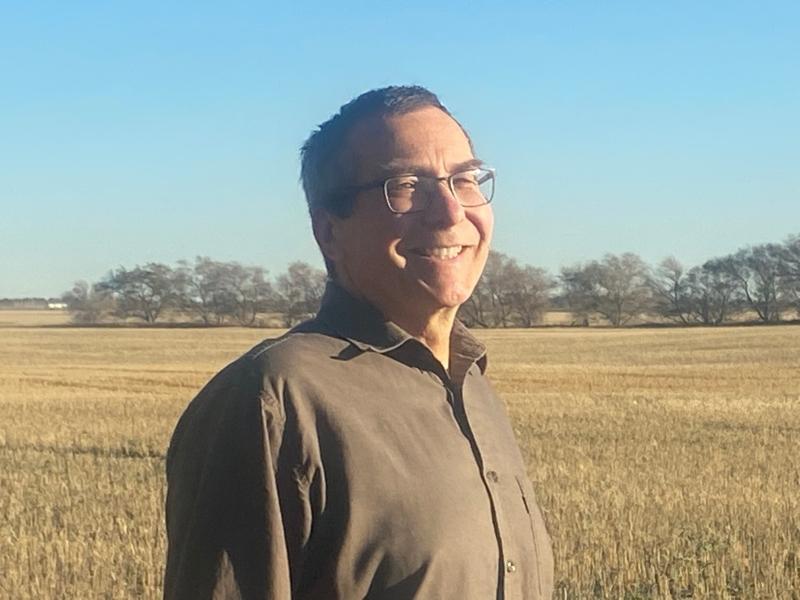Return to “normal” depends on early detection, vaccination
With hospitals overburdened by the fourth wave of COVID-19, the Saskatchewan Health Authority’s head of emergency medicine is urging people to get tested at the first signs of the virus and, above all, get vaccinated.
“If people had vaccinations, or tested early, recognized their symptoms earlier and isolated themselves, we would have less spread and, therefore, less spread would mean fewer sick people and fewer severely sick people,” said Dr. James Stempien.
”It certainly would be better for the health care system and better for the patients themselves,” he said.
According to Oct. 20 provincial data, 48.3 per cent of all people in hospital with COVID-19 had their first positive COVID-19 test on or after admission to hospital.
“The fact they aren’t being diagnosed until they come to hospital means they’ve actually been at home or been with other people while they’ve been positive with COVID,” said Stempien, adding that approximately 80 per cent of COVID-19 patients in intensive care are unvaccinated. “They’ve been contagious and unknowingly spreading their illness to their friends and family, which has an impact on the health-care system.”
Stempien said he’s seeing a common line of thinking among those who delay care.
“I think there’s a certain degree of denial in that people feel they’re not going to get sick or, even if they got COVID, they’re not going to get severely sick,” he said. “Even with people who are not anti-vaxxers, they’re just feeling that it can’t be them.”
Stempien recommends that anyone who suspects they’ve been exposed to COVID-19 speak with their family physician or call HealthLine 811 to discuss testing. Additional testing options are available on the Government of Saskatchewan’s COVID-19 website.
“Any time a person has symptoms, it could potentially be COVID. Having a negative test doesn’t mean you did the wrong thing. It means you did the right thing, being careful for your family and being careful so that you don’t have to go into self-isolation.”
Stempien observes that, in the past, Saskatchewan people were known for pulling together in difficult times. It would benefit us, he said, if we honoured this tradition.
“That’s what self-testing’s about. That’s what vaccination is about. That’s what recognizing that you’re sick and staying home is about. It’s about protecting your neighbor and making sure the more vulnerable people in our population are protected.”
Protecting the health system is part of this philosophy.
“Our health-care workers are going flat-out. If we can help our health-care staff stay healthy both physically and mentally, if we could get our vaccination rate in Saskatchewan over 90 per cent, we’d be looking at a very different province. We’d be much closer to getting back to a normal life and a normal economy and just what people really want.”



